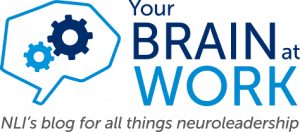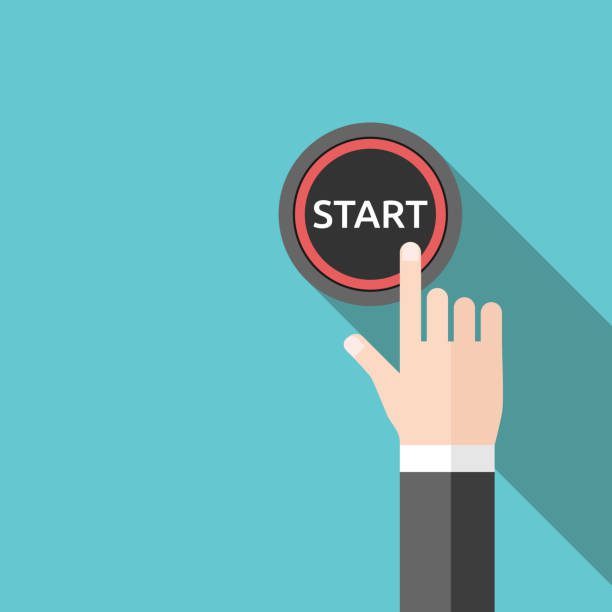By Chris Weller and David Rock Imagine you’re the CEO of a company. You just hired 100 new managers whose only job is to walk around the office and pop...
Read More →

FEATURED INSIGHT
By Chris Weller and David Rock Imagine you’re the CEO of a company. You just hired 100 new managers whose only job is to walk around the office and pop...
Read More →
A sense of control, or the power to decide, is a key human need. Here are several ways leaders can increase workers’ sense of autonomy and maximize employee engagement and performance.

What does your brain look like on goals? What’s happening? How could the process be better?

If you’re trying to differentiate some of our learning and habit activation products based on your current needs, here’s (almost) all of our product explainer videos in one place.

A landing place for some of the big themes around work as of late 2021.

President Biden has continued his series of executive orders, the latest one focusing on DEIA. Here are some brain-based actions agencies can take.

Join millions of employees in creating culture change at scale by reaching out today.

In 2007, David and Lisa Rock and their team had been working in leadership development and executive coaching for ten years, when David coined the term “NeuroLeadership.”ef

North America
Africa
South America
Asia
Europe
Australia
© NeuroLeadership Institute 2025. All Rights Reserved
This site uses cookies to provide you with a personalized browsing experience. By using this site you agree to our use of cookies as explained in our Privacy Policy. Please read our Privacy Policy for more information.